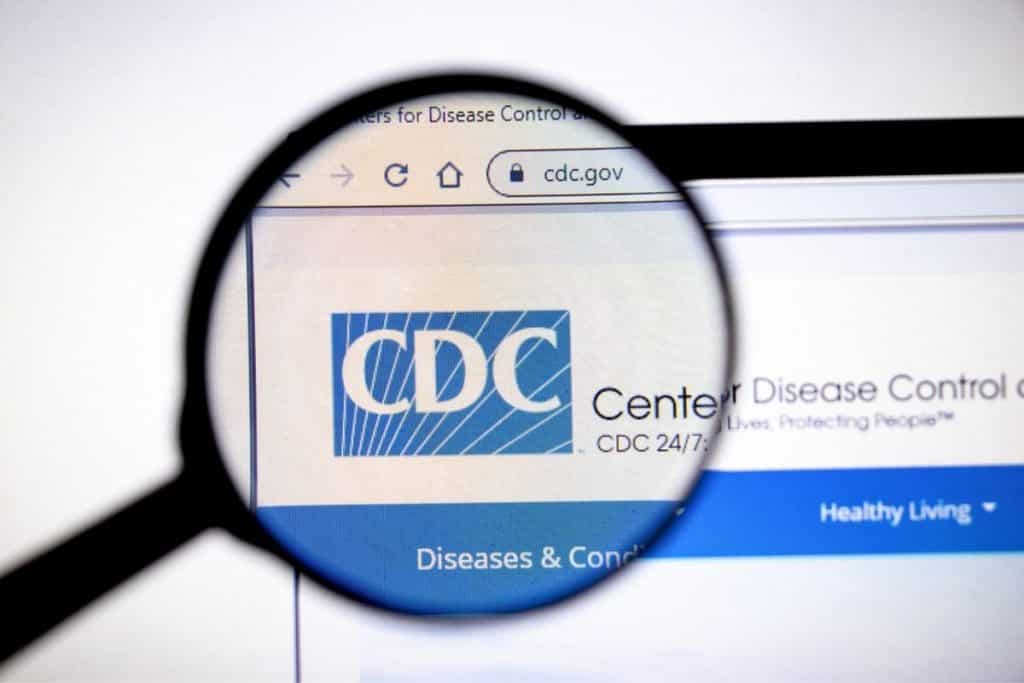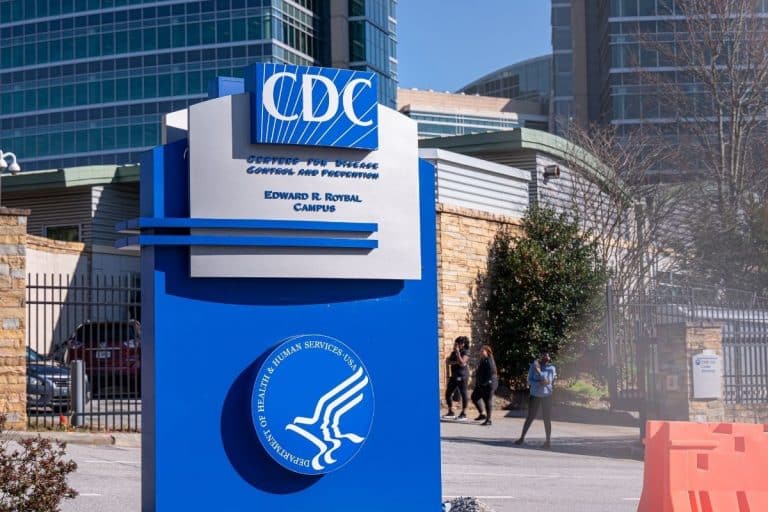The Centers for Disease Control and Prevention (CDC) has issued a travel warning due to the spread of the monkeypox virus in North America and many European countries.
Travelers should “Practice Enhanced Precautions,” according to the Level 2 alert, while the risk to the general public is low, according to the government.
As of today, the countries affected include:
- Australia
- Austria
- Belgium
- Canada
- England
- France
- Germany
- Israel
- Italy
- Netherlands
- Portugal
- Scotland
- Spain
- Sweden
- Switzerland
- United States
“Monkeypox virus is transmitted from one person to another through close contact with lesions, body fluids, droplets from respiratory air, and contaminated materials such as bedding,” according to the World Health Organization.
Monkeypox has been present in parts of central and western Africa for decades and is thought to be occasionally transmitted to humans from animals, likely rodents.
Each year, several visitors sick with the virus arrive in the United States and Europe, but such a massive chain of human-to-human transmission has never been observed.
What concerns authorities is that “none of these people reported having recently been in central or west African countries where monkeypox usually occurs, including the Democratic Republic of the Congo and Nigeria, among others,” the CDC said in its travel health notice.
Meanwhile, 200 people in Massachusetts are being screened for monkeypox after coming into contact with the unnamed man, who last week became the first confirmed case in the state, a health official said.
According to Dr. Jennifer McQuiston of the Centers for Disease Control and Prevention (CDC), the majority of those affected were medical personnel, but a handful were also “personal” contacts of the patient.

What precautions to take when traveling According to the CDC
- Avoid close contact with sick people, including those who have skin or genital wounds, and contact with objects used by sick people or animals, such as clothing, bedding, or medical supplies.
- Avoid contact with small mammals such as rats or squirrels, and non-human primates such as monkeys and apes, both dead and alive.
- Avoid eating or preparing wild game meat and using products such as creams, powders, and lotions made from African wild animals.

